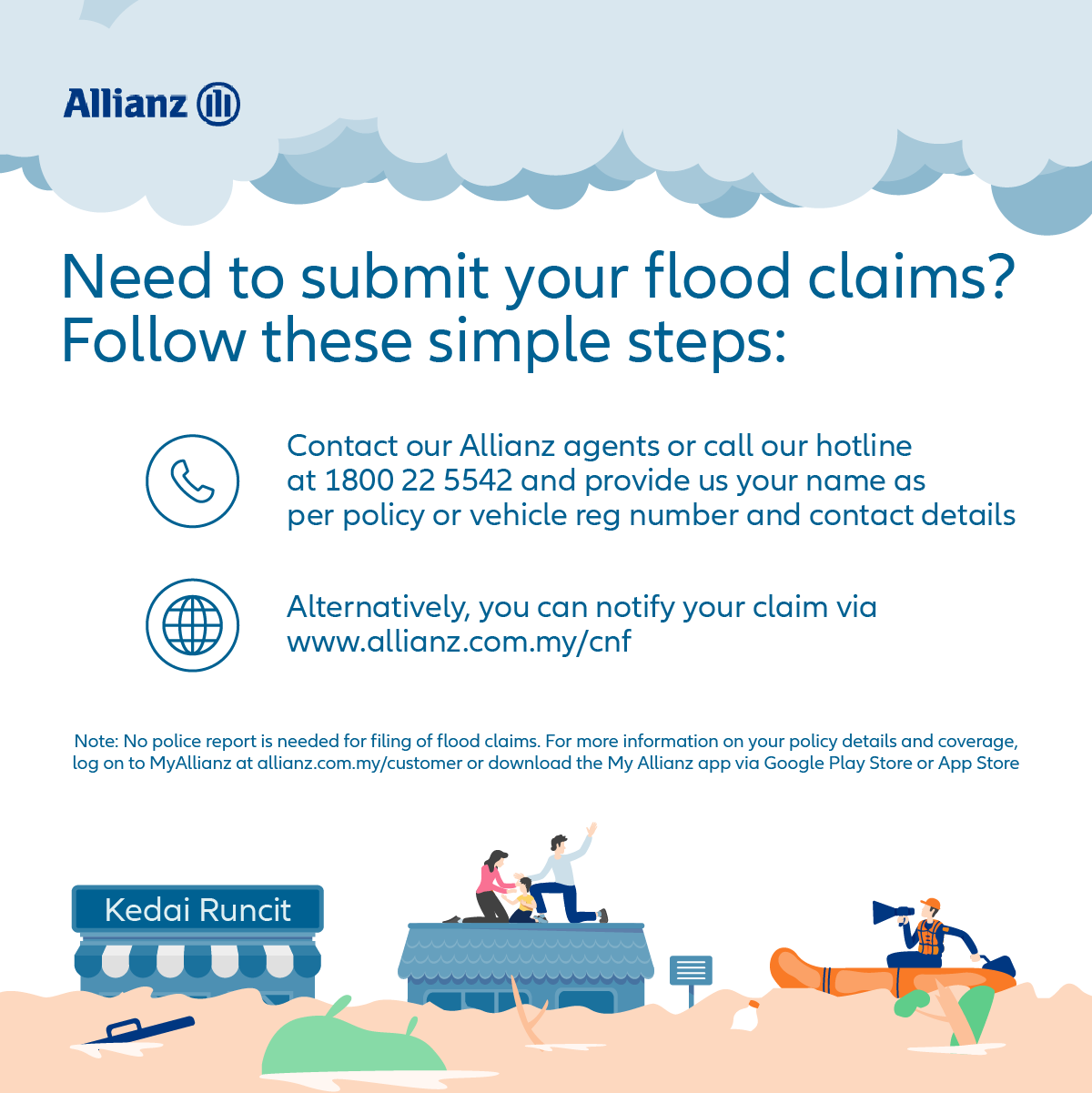Date: 14 Mar 2025
What is a Marine Cargo Insurance?
Marine cargo insurance is a type of insurance that provides coverage for goods or merchandise being transported by sea, air, or land. It is designed to protect the cargo owner (or the party responsible for the goods) against the risks associated with the shipping process, such as loss, damage, or theft of the cargo during transit.
Here’s a breakdown of what marine cargo insurance covers:
Loss or Damage: This includes protection against goods that are damaged or lost while in transit due to various factors like rough weather, accidents, or handling errors.
Theft: If the cargo is stolen during transportation, marine cargo insurance provides coverage to mitigate the financial loss.
Natural Disasters: It may cover damage caused by natural events like storms, floods, or earthquakes during the shipping journey.
Accidents or Collisions: It can also cover incidents such as shipwrecks, collisions, or capsizing that result in cargo loss or damage.
Marine cargo insurance can be purchased by businesses or individuals who are shipping goods internationally or domestically. The coverage can vary in scope, with policies typically offering either "All Risks" coverage (which covers almost all types of loss or damage) or "Named Perils" coverage (which only covers specific risks explicitly listed in the policy).
The policy's cost depends on several factors, including the type of goods being transported, the shipping route, and the value of the cargo.
Why do I need Marine Cargo Insurance?
Marine cargo insurance is crucial for anyone involved in the shipping or transportation of goods, whether it's for business or personal purposes. Here’s why you might need it:
1. Protection Against Risk of Loss or Damage
Shipping goods involves significant risks. Your cargo could be exposed to various dangers during transit, including:
Accidents (shipwrecks, collisions, or mishandling)
Weather conditions (storms, floods, or rough seas)
Theft or piracy
Fire, sinking, or capsizing of the vessel
Without insurance, you'd bear the full cost of replacing or repairing damaged goods, which could be financially devastating.
2. Peace of Mind
Knowing that your goods are insured gives you peace of mind throughout the transportation process. Whether you're a business shipping valuable products or a personal buyer transporting goods, insurance ensures you're not left financially vulnerable if things go wrong.
3. Mitigation of Financial Loss
Marine cargo insurance helps mitigate the potential financial burden caused by damage, loss, or theft. Without it, you would have to absorb all the financial consequences, which could affect your profitability or personal finances.
4. Legal and Regulatory Requirements
In some cases, marine cargo insurance is a legal or contractual obligation. Many businesses or industries require shipping companies or cargo owners to carry insurance to reduce the risks involved in transportation. For instance, certain international contracts or regulations might demand that the cargo is insured for protection.
5. Helps in Claims Handling
In the event of damage or loss, having marine cargo insurance simplifies the claims process. It ensures you have professional support and a framework in place to recover the value of your goods, helping to expedite compensation.
6. Protection During International Trade
If you're engaging in international trade, marine cargo insurance is especially important. Different countries and ports have varying risks, and your cargo might pass through areas with higher chances of loss or damage. Insurance ensures you're covered regardless of where your goods travel.
7. Safeguard Business Reputation
For businesses, a reputation for delivering goods on time and in good condition is crucial. If goods are damaged or lost during transit and you're not insured, it could lead to unhappy customers and a loss of credibility. Insurance helps maintain a positive reputation by minimizing the financial and operational impact of transport mishaps.
8. Valuable Cargo
If you're shipping high-value or sensitive goods (e.g., electronics, machinery, or perishable items), the potential cost of loss or damage can be far more significant. Marine cargo insurance ensures that these goods are protected throughout their journey.
In short, marine cargo insurance is an essential safety net that ensures you're not financially exposed to the risks of transporting goods over long distances. It helps you recover and protect your investment in case something goes wrong.
Date: 6 Feb 2025
Recent incidents underscore the critical importance of comprehensive insurance coverage for manufacturing facilities. In October 2024, a significant fire erupted at Critical Mineral Recovery's lithium-ion battery recycling plant near Fredericktown, Missouri, leading to evacuations due to hazardous smoke. (waynecojournalbanner.com) Similarly, in November 2024, an explosion at a factory in Louisville, Kentucky, resulted in two fatalities and raised concerns about long-standing safety issues. (apnews.com)
These events highlight the unpredictable nature of industrial operations and the potential for substantial financial losses. To mitigate such risks, factory owners should consider specialized fire insurance policies tailored to protect infrastructure, machinery, and inventory. Such policies typically cover damages from fires, explosions, natural disasters, and other unforeseen events. (tataaig.com)
However, it's essential to recognize that insurance premiums for manufacturing facilities have been rising. Factors such as increased natural disasters and higher construction costs have contributed to this trend. For instance, U.S. manufacturers have experienced significant increases in property and casualty insurance costs, with smaller factories and those handling hazardous materials facing the greatest challenges. (reuters.com)
Given these challenges, it's crucial for factory owners to assess their specific risks and ensure they have adequate coverage. Regularly reviewing and updating insurance policies can provide financial protection and peace of mind in the face of unforeseen disasters.
Date: 16 Aug 2024
Date: 20 Dec 2023
Date: 27 Apr 2023
Date: 14 Feb 2023
Date: 17 Oct 2022
source: https://insuranceasianews.com/bhsi-tracking-claims-trends-in-asia/
BHSI: Tracking Claims Trends in Asia
Date: 13 Oct 2022
Date: 10 May 2022
Marine Casualties & Major Incidents
A marine casualty means an event, or a sequence of events, that has resulted in any of the following which has occurred directly in connection with the operations of a ship:
death or serious injury
loss of a person from a ship
loss, presumed loss or abandonment of a ship
material damage to a ship
stranding or disabling of a ship
collision
material damage to marine infrastructure external to a ship that could seriously endanger the safety of the ship, another ship or an individual
severe damage to the environment, or the potential for severe damage to the environment brought about by the damage of a ship or ships.
Marine casualties do not include deliberate acts or omissions intended to cause harm to the safety of a ship, an individual or the environment.
You may check the most up to date Marine Casualties via our Surveyor here
You may also check our claims experience here
Date: 03 March 2022
















